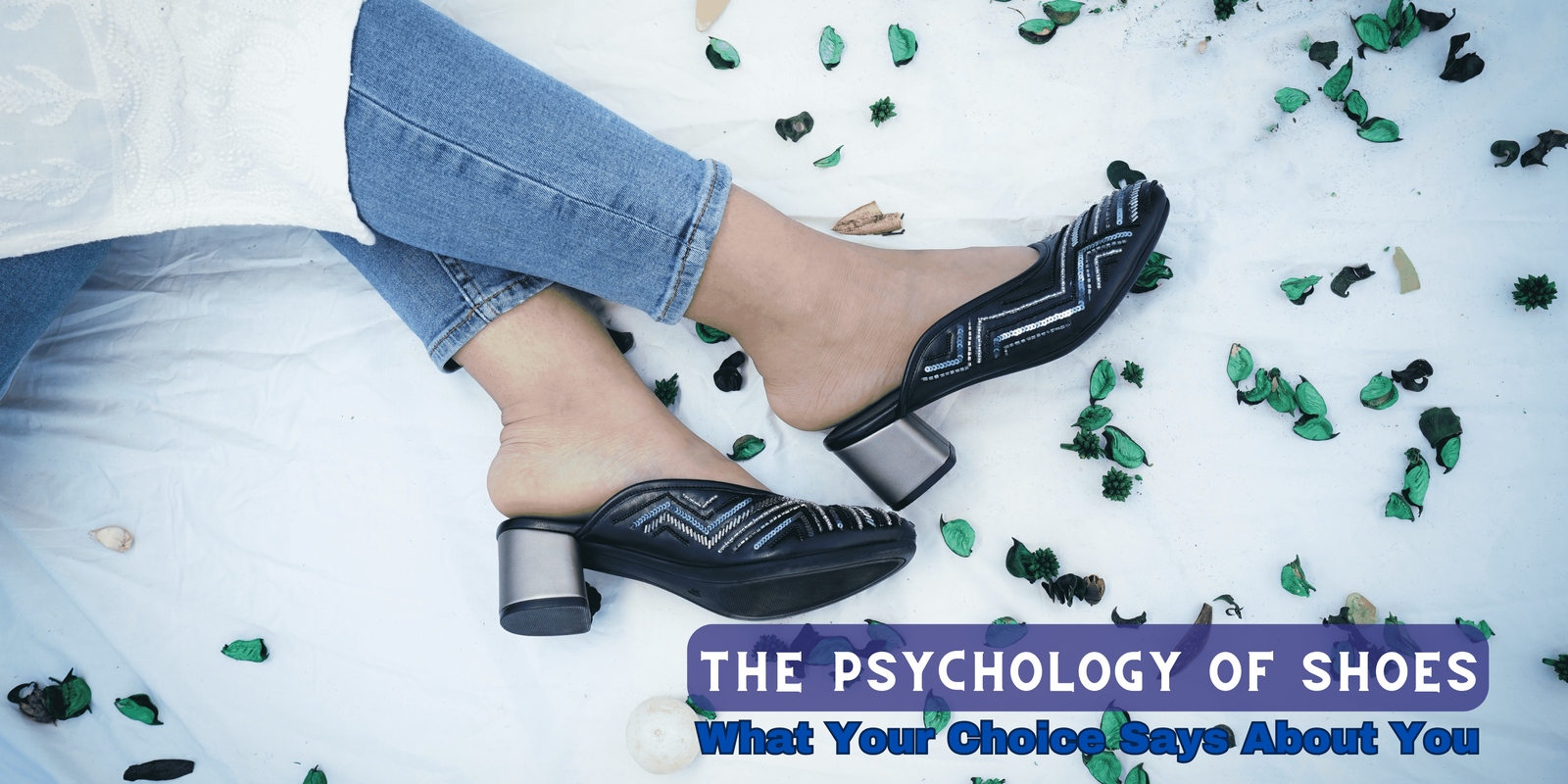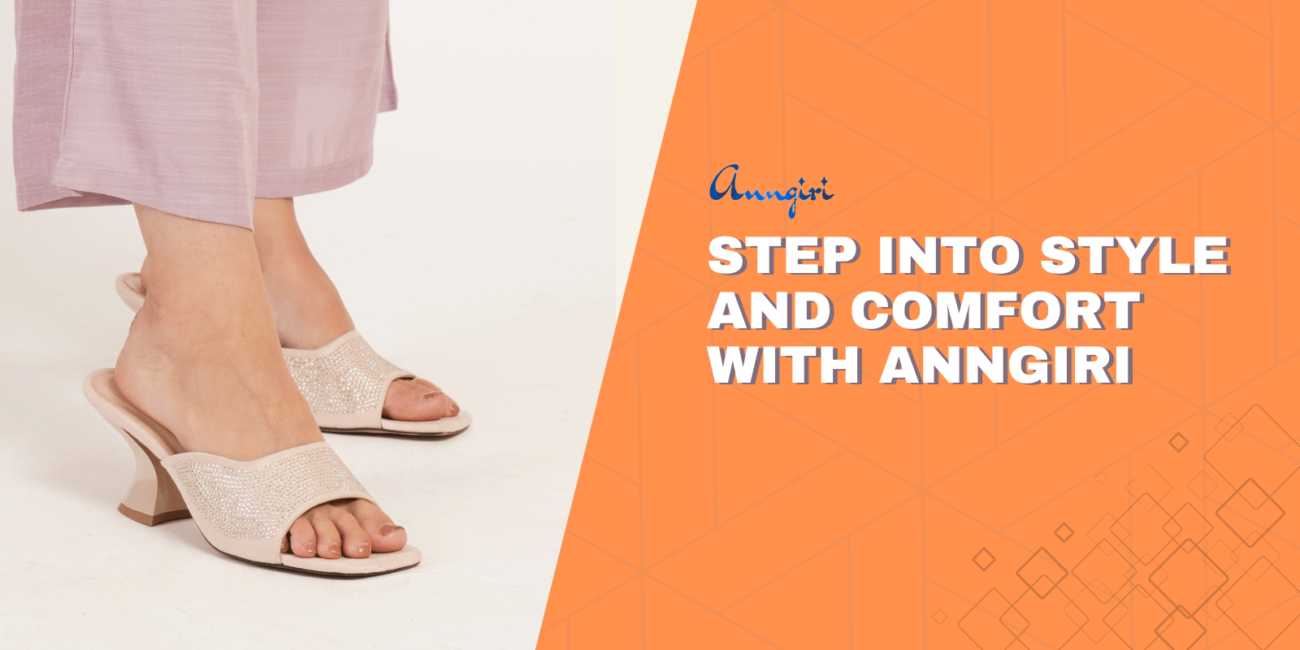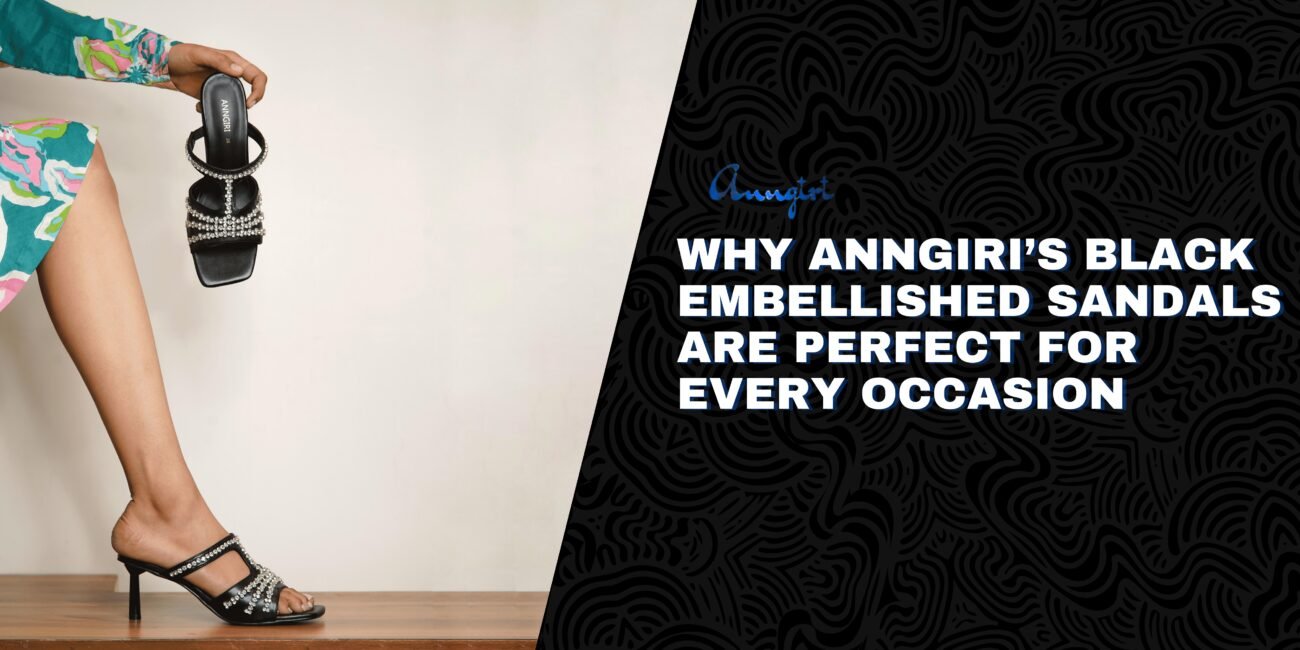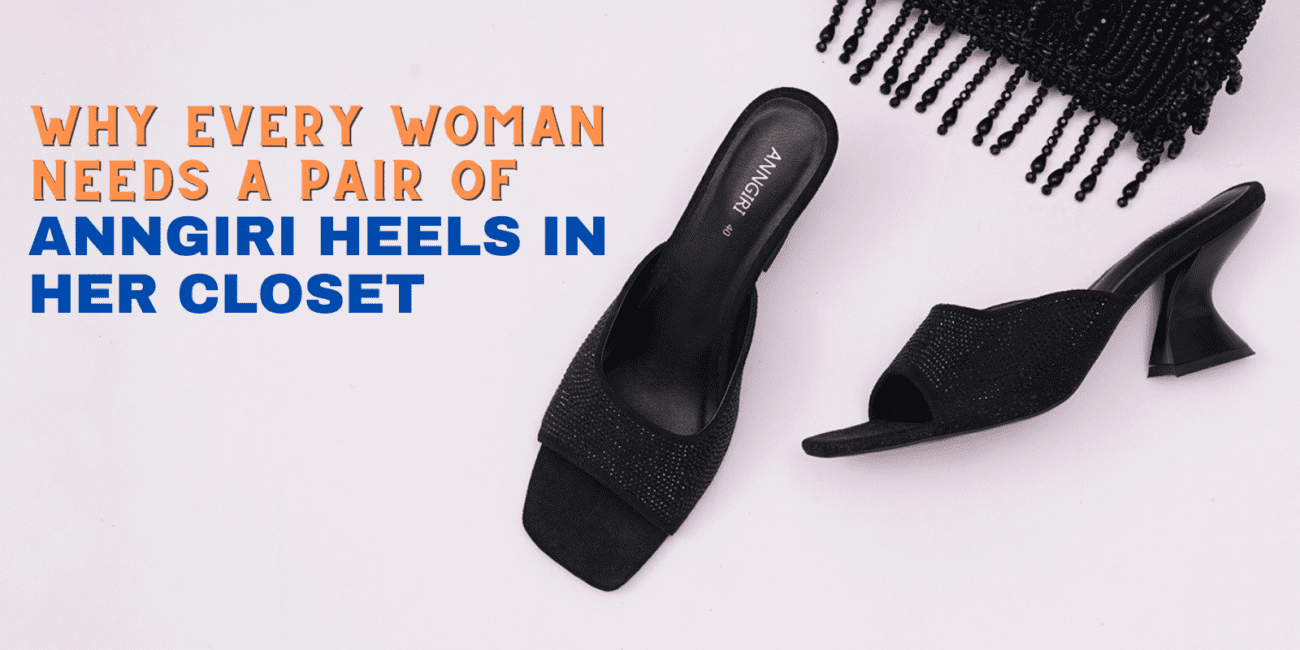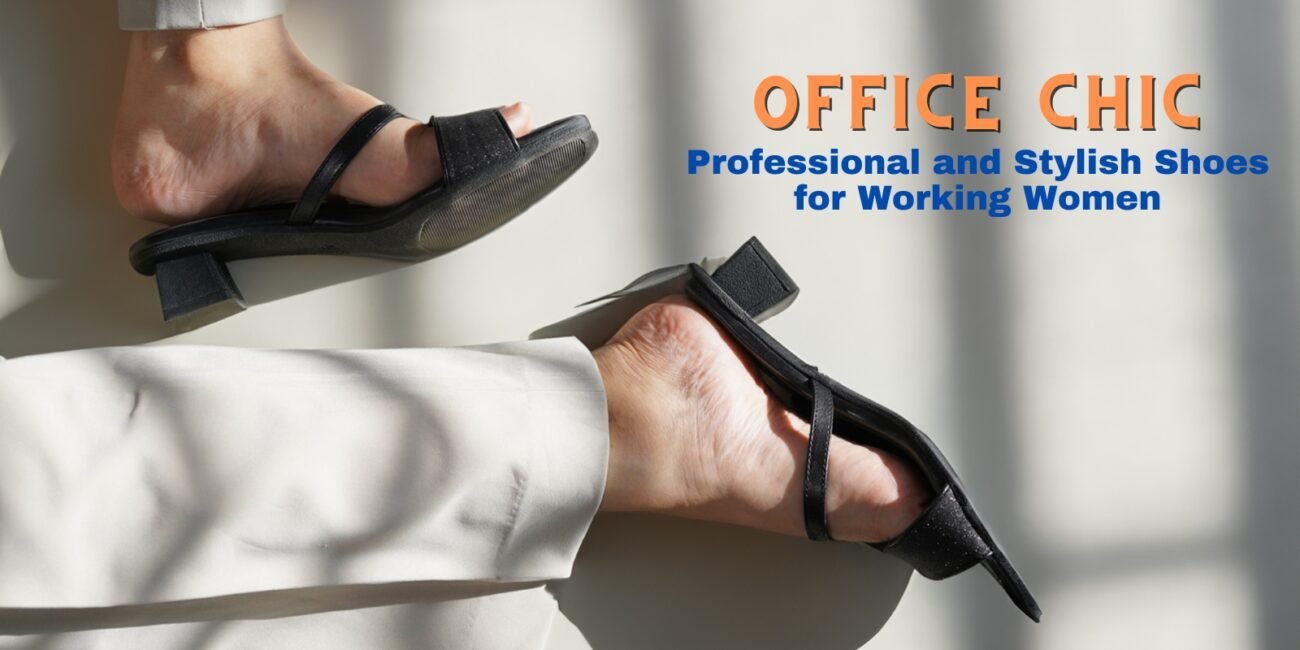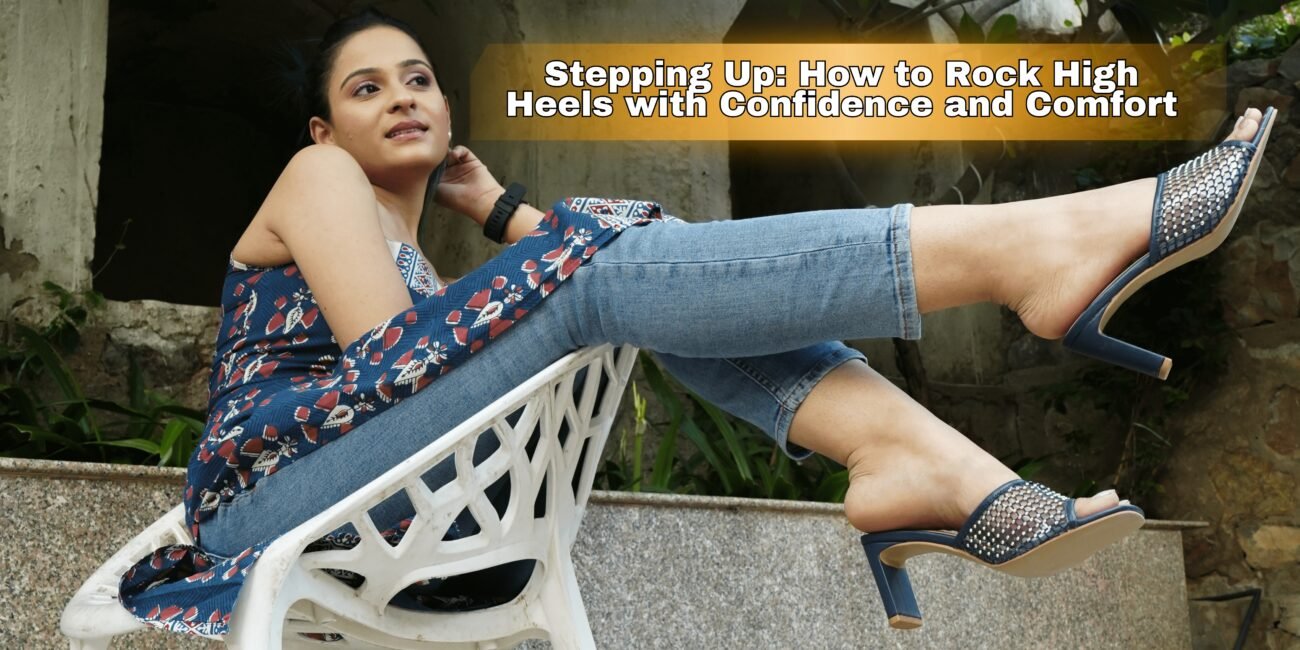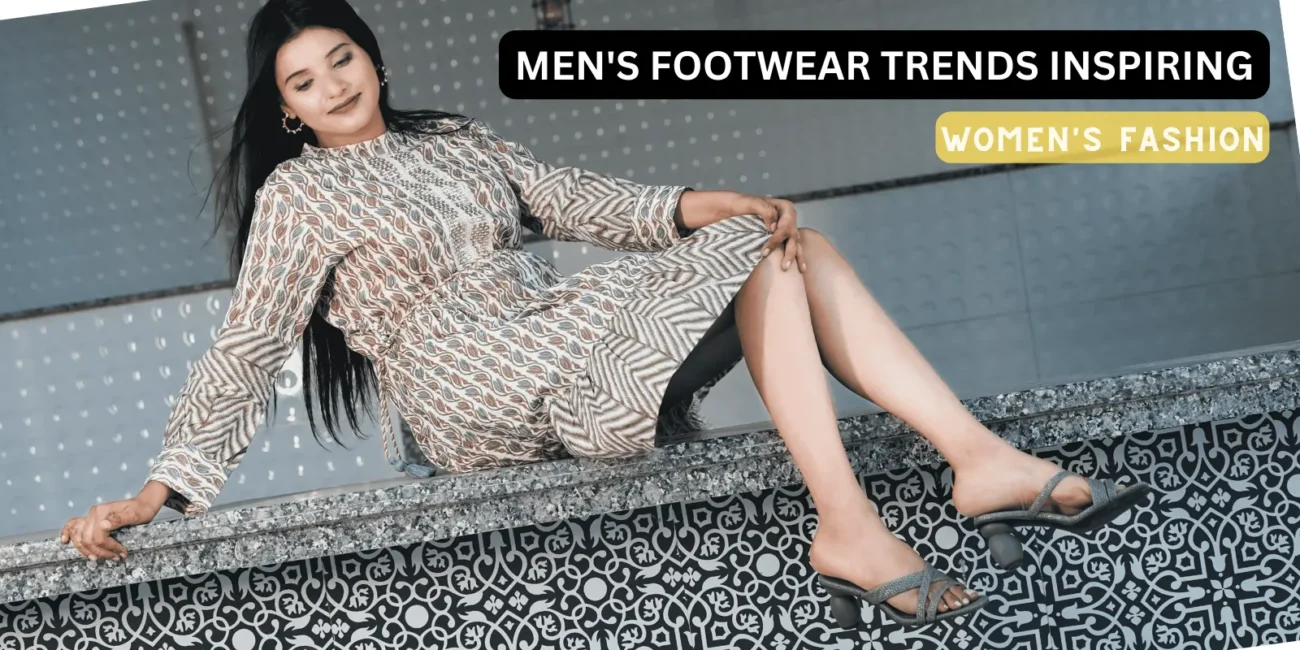Shoes are more than just a fashion accessory; they’re a window into our personalities and inner thoughts. From the sneakers we wear to the heels we strut in, every shoe choice communicates something about who we are and how we perceive ourselves in the world.
The Psychology Behind Shoe Choices
Our shoe preferences are deeply intertwined with our personalities and psychological makeup. Psychologists have long studied the connection between fashion choices and human behavior. Whether we realize it or not, the shoes we wear reflect our inner selves.
Different factors influence our shoe choices, including our personality traits, cultural background, and societal influences. Psychological theories, such as Freud’s psychoanalytic theory or Carl Jung’s archetypes, provide insight into why we’re drawn to certain types of shoes over others.
Different Shoe Styles and Their Meanings
Each shoe style carries its own set of connotations and meanings. For example:
- Sneakers: Often associated with comfort and practicality, sneakers may suggest a laid-back and casual personality.
- High Heels: Symbolize elegance and confidence, with wearers often perceived as assertive and powerful.
- Boots: Reflect a rugged and adventurous spirit, indicating a love for the outdoors and exploration.
- Sandals: Represent a carefree and relaxed attitude, perfect for warm weather and leisure activities.
- Flats: Signify simplicity and functionality, appealing to those who value comfort without sacrificing style.
Colors and Materials
The color and material of our shoes also play a significant role in how they’re perceived. Bright and bold colors may indicate extroversion and creativity, while neutral tones suggest practicality and versatility. Similarly, leather shoes exude sophistication and luxury, while canvas or fabric options convey a more casual vibe.
Social Perception
Our choice of footwear can shape the way others perceive us. Studies have shown that people often make snap judgments about a person based on their shoes, associating certain characteristics or stereotypes with specific styles. Therefore, it’s essential to consider the impression we want to make when selecting shoes for different occasions.
Emotional Connection to Shoes
Many people develop strong emotional attachments to their favorite pairs of shoes. Whether it’s a cherished childhood sneaker or a designer heel that makes them feel unstoppable, shoes can evoke powerful emotions and memories. The act of shoe shopping itself can also be a source of joy and excitement, triggering dopamine release in the brain.
Self-Expression Through Shoes
Fashion serves as a form of self-expression, and shoes are no exception. The shoes we choose to wear can communicate our unique sense of style, personality, and values to the world. Statement shoes, in particular, allow us to make bold statements and stand out from the crowd.
Shoes and Confidence
The right pair of shoes can do wonders for our confidence levels. Studies have shown that wearing shoes we feel good in can positively impact our self-esteem and body image. By choosing shoes that reflect our personality and style, we can project a sense of confidence and self-assurance to others.
The Evolution of Shoe Psychology
Shoe psychology has evolved over time, reflecting changes in society, culture, and fashion trends. What was once considered fashionable may now seem outdated or impractical, as societal norms and preferences shift. However, certain shoe styles and symbols have stood the test of time, continuing to influence our perceptions and behaviors.
Practical Considerations vs. Psychological Preferences
While our shoe choices are often influenced by psychological factors, practical considerations also play a significant role. Balancing comfort, functionality, and style can be challenging, especially when societal expectations conflict with personal preferences. Ultimately, finding the right balance is key to feeling confident and satisfied with our footwear choices.
Cultural Variations in Shoe Psychology
Shoe psychology varies across cultures, with different societies placing varying degrees of importance on footwear. In some cultures, shoes are seen as status symbols or indicators of wealth and social standing, while in others, they’re viewed primarily as practical necessities. Understanding these cultural differences can provide valuable insights into global fashion trends and consumer behavior.
Marketing and Shoe Psychology
Marketers understand the power of shoe psychology and use it to their advantage when promoting brands and products. Advertisements often capitalize on emotional appeals, associating shoes with desirable traits such as success, attractiveness, and happiness. Brand image and reputation also play a significant role in shaping consumer perceptions and purchasing decisions.
Tips for Understanding Shoe Psychology
To gain a deeper understanding of shoe psychology, consider the following tips:
- Self-reflection: Take a moment to think about why you’re drawn to certain types of shoes and what they say about you.
- Observation of others: Pay attention to the shoes worn by friends, family, and colleagues, and consider what their choices reveal about their personalities and preferences.
Conclusion
In conclusion, the psychology of shoes offers valuable insights into human behavior, personality, and self-expression. Our choice of footwear goes beyond mere fashion; it’s a reflection of who we are and how we navigate the world around us. By understanding the psychological factors that influence our shoe choices, we can make more conscious decisions and express ourselves authentically through our footwear.

